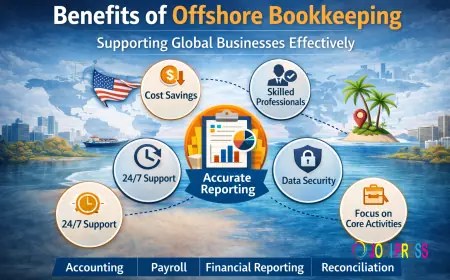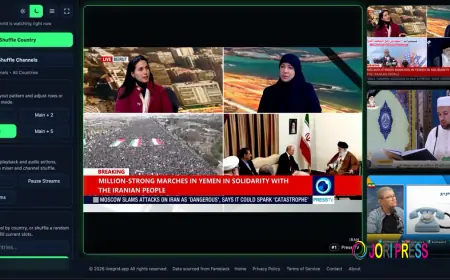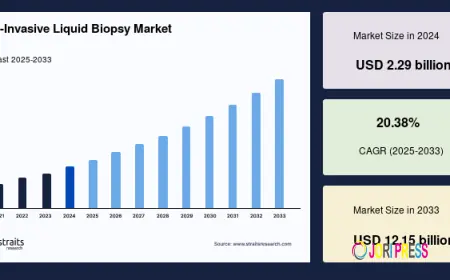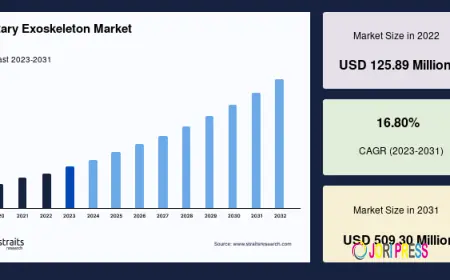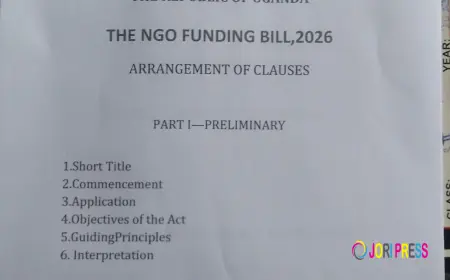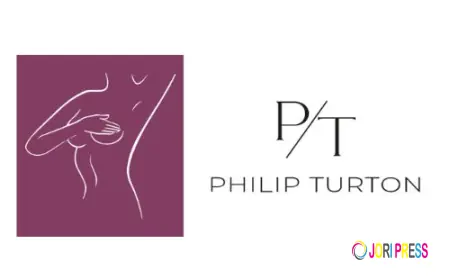Saudi Arabia Property & Casualty Insurance Sector 2030 Trends
Saudi Arabia’s insurance sector is witnessing significant growth due to regulatory reforms implemented by the Saudi Central Bank (SAMA) and the Insurance Authority.

Industry Key Highlights
The Saudi Arabia Property and Casualty Insurance Market has been on a trajectory of steady and robust growth. As of 2024, the market stood at USD 44.15 million and is anticipated to grow to USD 67.34 million by 2030, expanding at a compound annual growth rate (CAGR) of 7.35%. This upward trend is closely tied to Saudi Arabia’s Vision 2030 framework, which aims to diversify the Kingdom’s economy away from oil dependency. A surge in infrastructure development, economic reforms, and increased awareness of risk management have positioned the P&C insurance sector as a cornerstone of financial resilience in the region.
The market is undergoing rapid transformation, bolstered by regulatory reforms, digital innovation, and growing consumer awareness. From mega infrastructure projects to the expansion of industrial and residential spaces, property and fire insurance are seeing heightened demand. Notably, the Western region of Saudi Arabia is emerging as the fastest-growing area due to rapid urban development and commercial activity.
Market Drivers
- Vision 2030 Economic Diversification
Saudi Arabia’s national development strategy, Vision 2030, has significantly accelerated infrastructural and urban development projects, boosting the demand for property insurance. As the nation moves towards becoming a regional economic hub, the importance of comprehensive insurance coverage has grown. - Increased Regulatory Oversight
The Saudi Central Bank (SAMA) has introduced a range of regulatory enhancements, including stricter solvency standards and compliance mandates, to ensure market stability. These reforms are not only improving consumer protection but also encouraging a competitive environment. - Infrastructure Boom
Saudi Arabia is undertaking some of the world’s most ambitious construction projects—NEOM city, the Red Sea Project, and Qiddiya. These multi-billion-dollar investments are fueling demand for construction-related and fire insurance policies. - Technological Advancement
InsurTech is redefining how insurance is bought, sold, and managed. Companies are integrating technologies like AI, blockchain, and big data to offer smarter, more efficient services. This wave of digital transformation is expanding the market's reach, especially among younger, tech-savvy consumers. - Rising Risk Awareness
Businesses and individuals alike are becoming more risk-aware, particularly in the face of increasing natural disasters, fire outbreaks, and geopolitical uncertainties. This cultural shift is creating a fertile ground for insurance uptake.
Download Free Sample Report: https://www.techsciresearch.com/sample-report.aspx?cid=27851
Emerging Trends
- Digitalization and InsurTech Integration
The rise of online platforms, mobile apps, and AI-driven services is revolutionizing policy acquisition, claims processing, and customer engagement. Companies are deploying chatbots, telematics, and automated systems to improve service delivery. - Usage-Based Motor Insurance
Telematics-based insurance policies are gaining popularity, especially among younger drivers. These policies leverage real-time data to offer personalized premiums based on driving behavior, promoting safer roads and reducing fraud. - IFRS 17 Implementation
The adoption of the International Financial Reporting Standard (IFRS 17) has brought greater transparency to financial reporting. This global standard is fostering investor confidence and ensuring a level playing field. - Mergers and Acquisitions
In an effort to streamline the industry and improve financial sustainability, there is growing governmental support for mergers among smaller insurers. These strategic consolidations are enabling economies of scale and enhancing customer value propositions. - Sustainability and ESG Focus
Environmental, Social, and Governance (ESG) factors are beginning to shape underwriting practices and investment decisions within the P&C insurance market. This trend is expected to gather pace as global investors increasingly prioritize ESG-compliant portfolios.
Segmental Analysis
Insurance Type
The fastest-growing segment in the Saudi P&C insurance market is the property and fire insurance category. With the real estate and construction sectors booming, there is a rising need to protect high-value assets against fire and natural disasters. This demand is being further accelerated by regulatory requirements and increased risk awareness.
Other segments, such as motor, marine, energy, engineering, and accident & liability insurance, are also experiencing steady growth due to expanding industrial activities and increasing vehicular ownership across the Kingdom.
Distribution Channels
Insurance products are now more accessible through a variety of channels. Traditional insurance agencies and brokers still dominate the market; however, direct sales through digital platforms are on the rise. Companies are focusing on enhancing user experiences through AI-driven advisory tools and personalized policy recommendations.
Regional Insights
The Western region, comprising major cities such as Jeddah, Makkah, and Madinah, is emerging as the fastest-growing geographical segment. These cities are witnessing massive construction activities, tourism influx, and commercial expansion under Vision 2030. Consequently, the demand for various types of insurance, including property and liability, has grown rapidly.
Competitive Analysis
The Saudi P&C insurance market is moderately consolidated, with several key players dominating premium collections. However, the entry of new players, including international firms, is intensifying competition.
Major Players Include:
- The Company for Cooperative Insurance (Tawuniya)
- MEDGULF Cooperative Insurance and Reinsurance Company
- SALAMA Cooperative Insurance Company
- Saudi Arabian Cooperative Insurance Co.
- Gulf Union Cooperative Insurance Company
- Al-Ittihad Cooperative Insurance Company
- Al Sagr Cooperative Insurance Company
- Allianz SE
- Liva Group SAOG
- Gulf General Cooperative Insurance Company
These players are increasingly focusing on digital transformation, customer-centric strategies, and product diversification to capture larger market shares. Strategic partnerships with tech firms and global reinsurers are also on the rise.
Future Outlook
The future of the Saudi Arabia Property and Casualty Insurance Market looks promising, shaped by strong macroeconomic fundamentals and a progressive regulatory environment. By 2030, the market is expected to reach USD 67.34 million, driven by:
- Continued implementation of Vision 2030 projects
- Rise in property ownership and real estate development
- Growing consumer awareness and risk mitigation strategies
- Technology-led innovation and product personalization
- Increasing foreign direct investment and international collaborations
With favorable government support and the proliferation of digital channels, the sector is poised to play a pivotal role in safeguarding national assets and promoting economic resilience.
10 Benefits of the Research Report
- Comprehensive Market Overview: In-depth understanding of market dynamics, segmentation, and growth forecasts.
- Accurate Market Sizing: Data-backed estimations of market value through 2030.
- Segmental Insights: Detailed analysis by insurance type, region, and distribution channel.
- Competitor Benchmarking: Comparative analysis of key market players.
- Trend Identification: Recognition of emerging trends like InsurTech and ESG practices.
- Strategic Planning Tool: Ideal for decision-makers seeking to enter or expand in the Saudi market.
- Regulatory Landscape Overview: Examination of SAMA regulations and their impact.
- Investment Intelligence: Insights into high-growth segments and regions for investors.
- Consumer Behavior Analysis: Understanding of evolving customer preferences and expectations.
- Customizable Insights: Option to tailor the report to specific business needs and objectives.
Conclusion
The Saudi Arabia Property and Casualty Insurance Market is entering a transformative phase marked by innovation, regulation, and strategic vision. As the nation accelerates its economic diversification, insurance will continue to play a critical role in securing assets, minimizing financial risks, and promoting investor confidence. Stakeholders, including insurers, brokers, and policymakers, must stay attuned to emerging trends and adapt to evolving consumer demands to unlock the full potential of this dynamic market.
As the industry matures, a focus on sustainability, technology adoption, and strategic consolidation will define its long-term trajectory. Businesses that embrace this evolution will be well-positioned to thrive in the Kingdom’s rapidly expanding insurance landscape.
Contact Us-
Mr. Ken Mathews
708 Third Avenue,
Manhattan, NY,
New York – 10017
Tel: +1-646-360-1656
Email: [email protected]
Website: www.techsciresearch.com
What's Your Reaction?
 Like
0
Like
0
 Dislike
0
Dislike
0
 Love
0
Love
0
 Funny
0
Funny
0
 Angry
0
Angry
0
 Sad
0
Sad
0
 Wow
0
Wow
0
